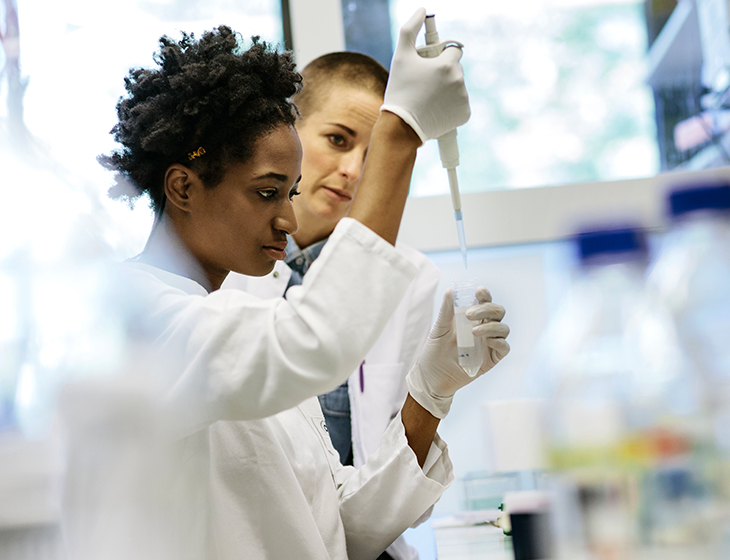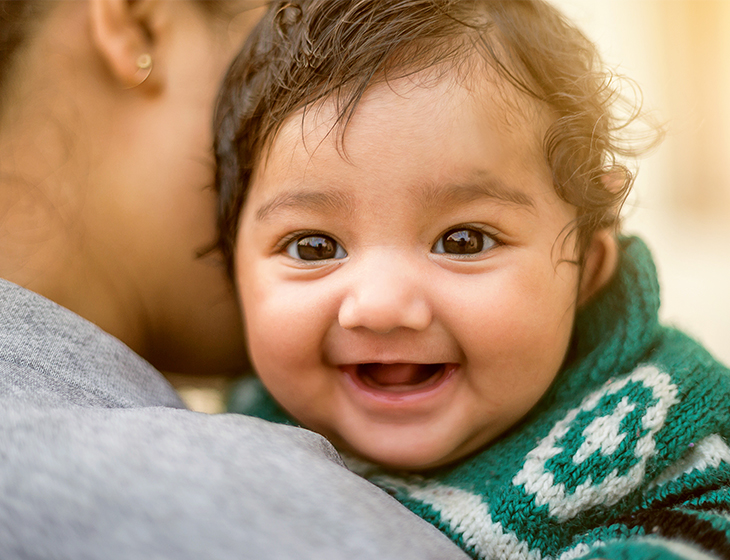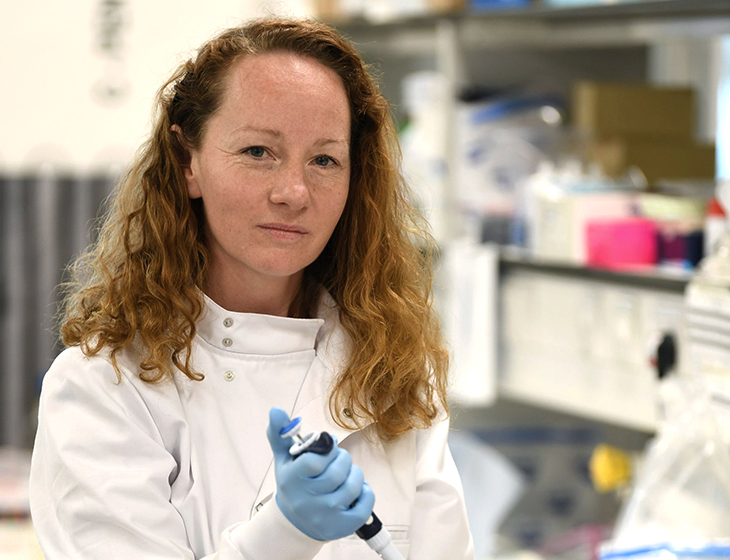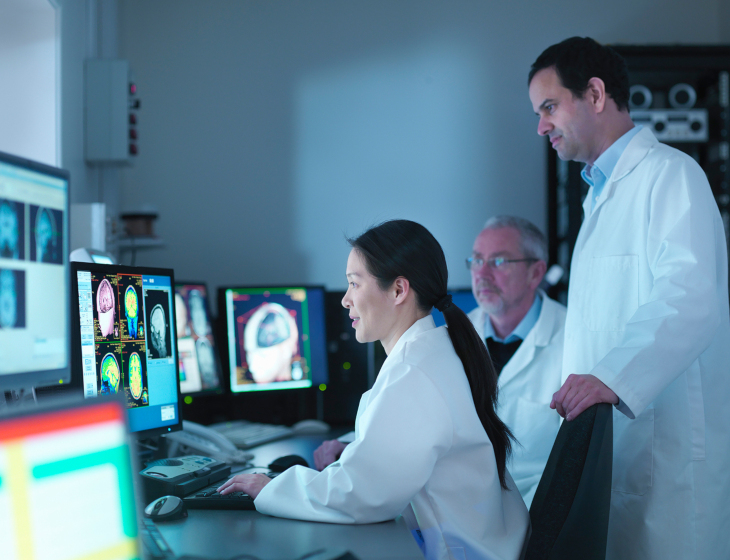Our vision is a future where the UK is healthier and stronger because we are working together for our health.
Watch VideoGlobal health is about ensuring a healthy future for everyone, no matter where they live; it’s defined as the area of study, research and practice that places a priority on improving health and achieving equality in health for all people worldwide. And with Britain leading the way in health collaboration, you should feel proud of the way our nation is working for better health for everyone.
What is global health? The 10 reasons why you need to know about it
READ TIME:10 MINUTES
Global health is about ensuring a healthy future for everyone, no matter where they live; it’s defined as the area of study, research and practice that places a priority on improving health and achieving equality in health for all people worldwide. And with Britain leading the way in health collaboration, you should feel proud of the way our nation is working for better health for everyone.
IT’S ABOUT PREVENTING THE NEXT COVID
If the COVID-19 global pandemic has taught the world anything, it’s that we need to be more prepared and collaborative in our approach to tackling these global health challenges in the future. By working together with countries around the world to share our resources and expertise, we can help stop the spread and respond in an effective, pragmatic way.
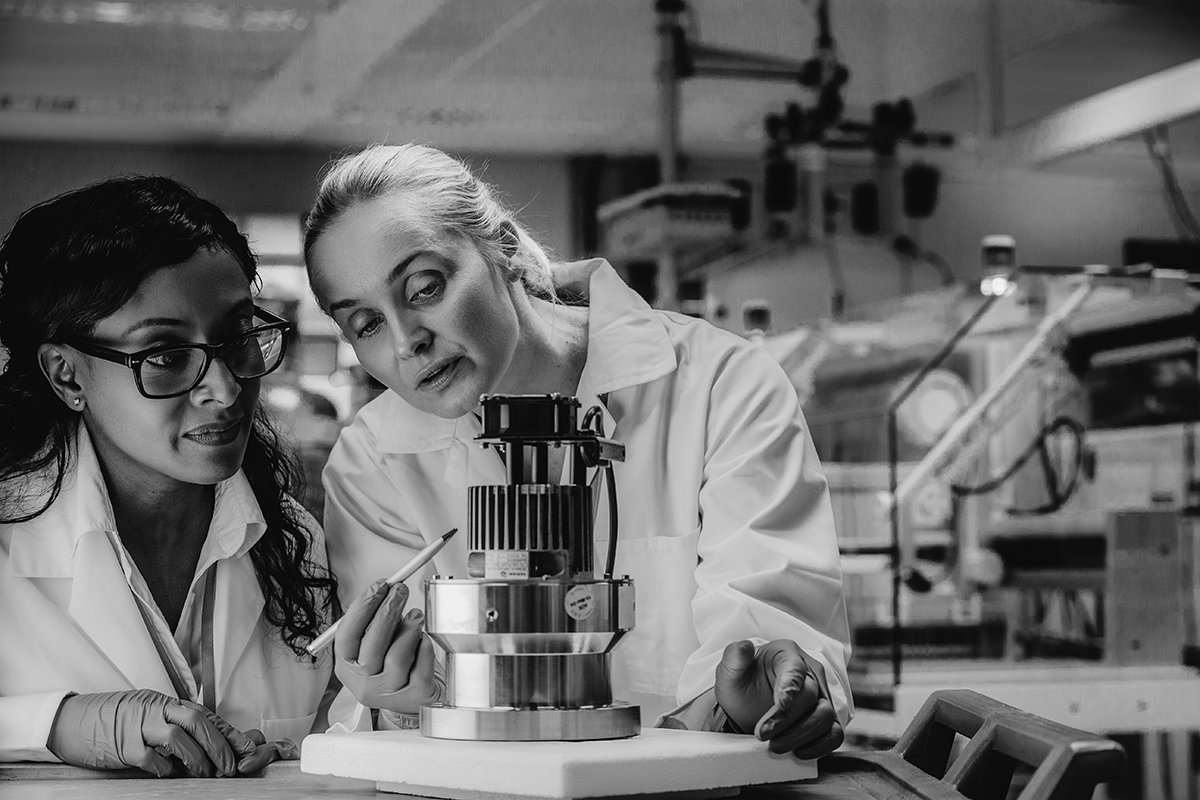

IT’S ABOUT KEEPING EVERY CHILD UNDER 5 ALIVE
Since 1990, the global under-5 mortality rate has dropped by 50%. This is an incredible human accomplishment that is down to simple things like routine immunisation, better nutrition and cleaner water. And this progress continues to accelerate – with children born today more likely to live healthy lives than ever before.
IT’S ABOUT STOPPING THE WORLD’S DEADLIEST ANIMAL
You’d be forgiven for thinking that great white sharks or grizzly bears are on top of the list, but in fact, the tiny mosquito kills more people than any other creature in the world, spreading diseases like Malaria, Dengue, West Nile, Yellow fever, Zika, Chikungunya, and Lymphatic Filariasis.
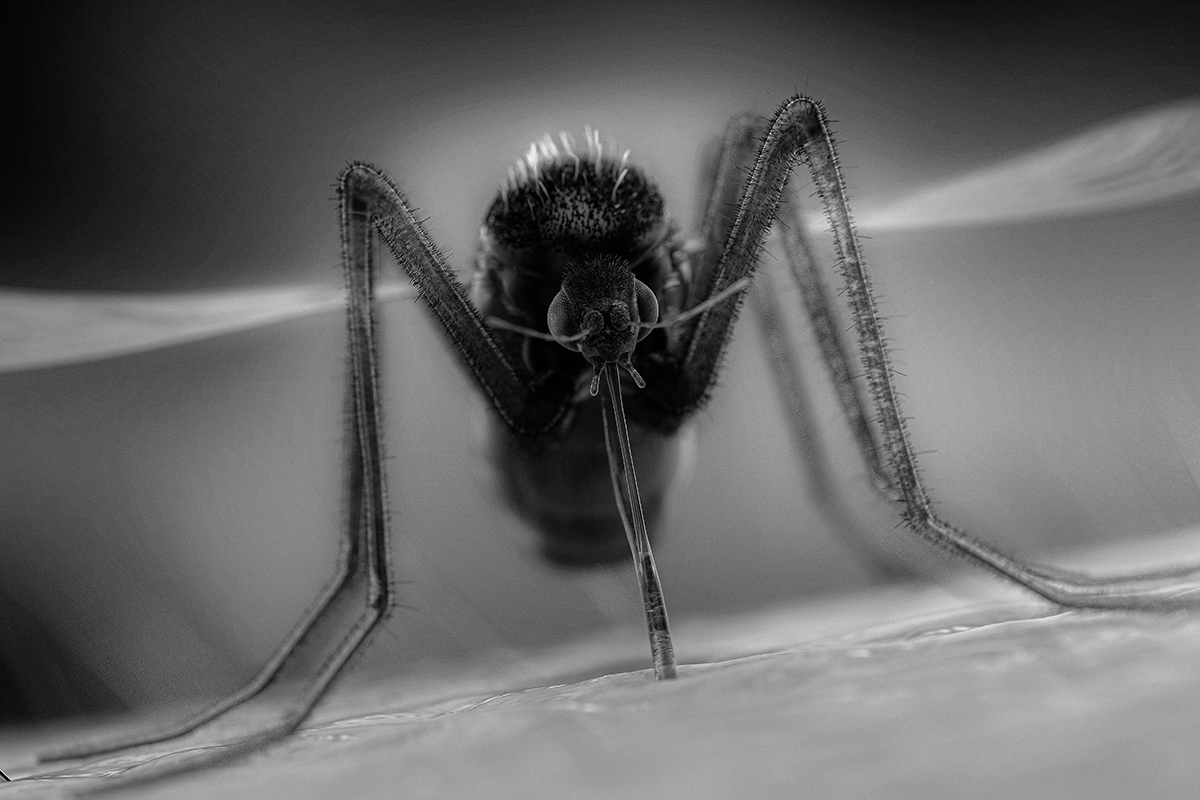
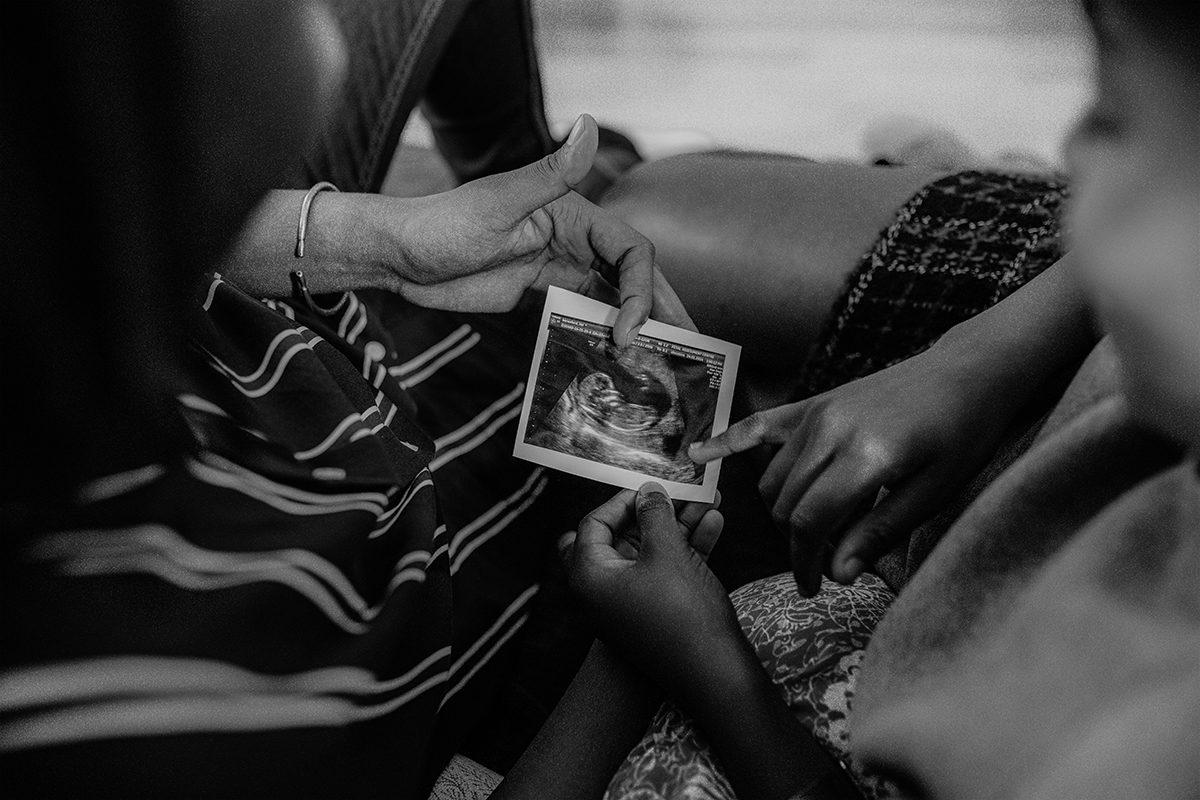
IT’S ABOUT BETTER FAMILY PLANNING
For many women and girls around the world, accessing contraception is costly, time-consuming and often stigmatised. A new research consortium led by Cardiff University is developing a pain-free and discreet contraceptive that women and girls could take from the comfort of their homes—resulting in less unintended pregnancies, fewer maternal deaths and less children dying during childbirth.
IT’S ABOUT ENDING POLIO FOREVER
In August 2020, Africa was declared wild Polio-free, a huge milestone in the fight to eradicate the disease once and for all. This was thanks to the hard work of many including a camel named Promise who carried Polio volunteers and their much-needed vaccines to remote settlements in the Nigerian state of Kebbi. This commitment and dedication of the volunteers (and the camel) made sure every child could be immunised against the crippling virus.
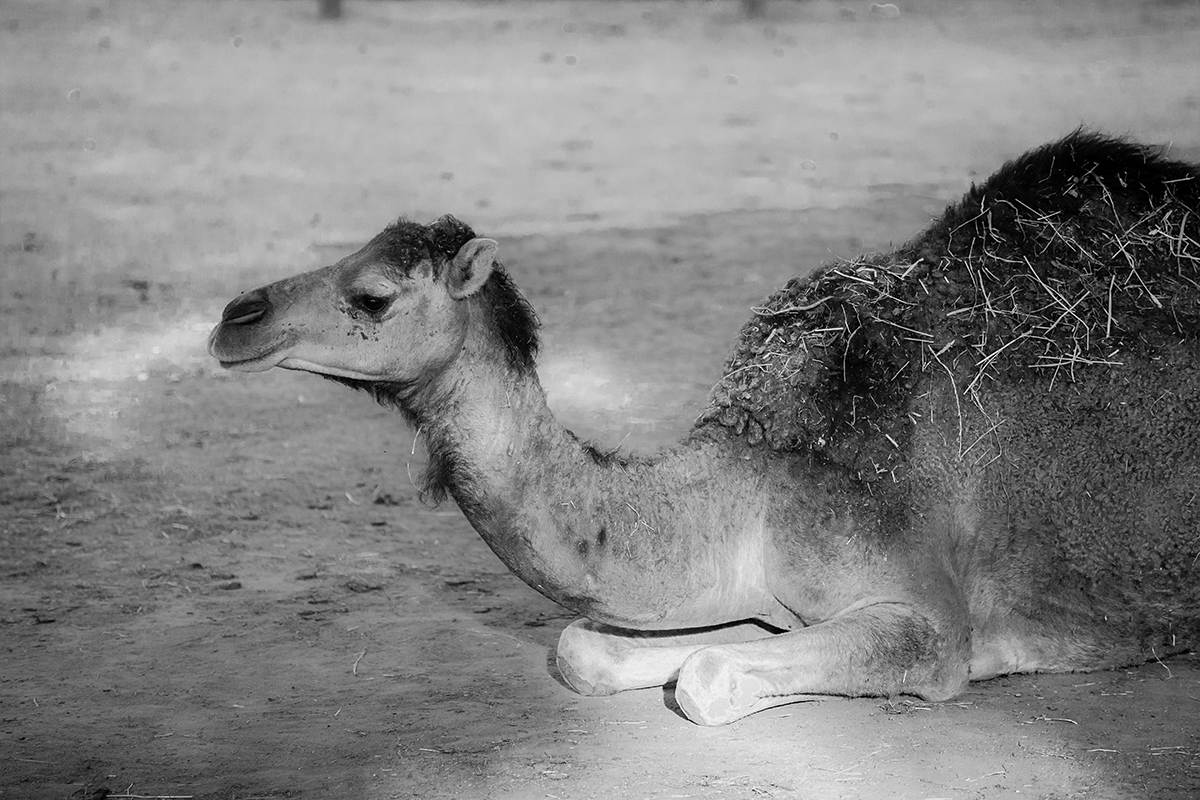

IT’S ABOUT OUTSMARTING BIG DISEASES, ONE TINY TARGET AT A TIME
The Liverpool School of Tropical Medicine led the development of an innovative but extremely simple solution to reduce the risk of Trypanosomiasis, also known as Sleeping Sickness using ‘tiny targets’ to kill the disease-carrying Tsetse fly. Using bright blue insecticide-treated fabric not much bigger than a handkerchief, mounted on a stick next to a river where the flies live has cut the Tsetse fly population in places like the Democratic Republic of the Congo where people still die from Sleeping Sickness.
IT’S ABOUT MAKING VACCINES AFFORDABLE FOR ALL
Though not the catchiest of phrases, the Advance Market Commitment is an innovative financing agreement has helped save millions of lives since its launch.
In the early 2000s, global health organizations got wealthy countries like the UK and the US to pool their money and then cut a deal with vaccine makers. Because of this agreement to buy more vaccines, the pharmaceutical companies were able to drop their prices, making vaccines more affordable for people in low-income nations.
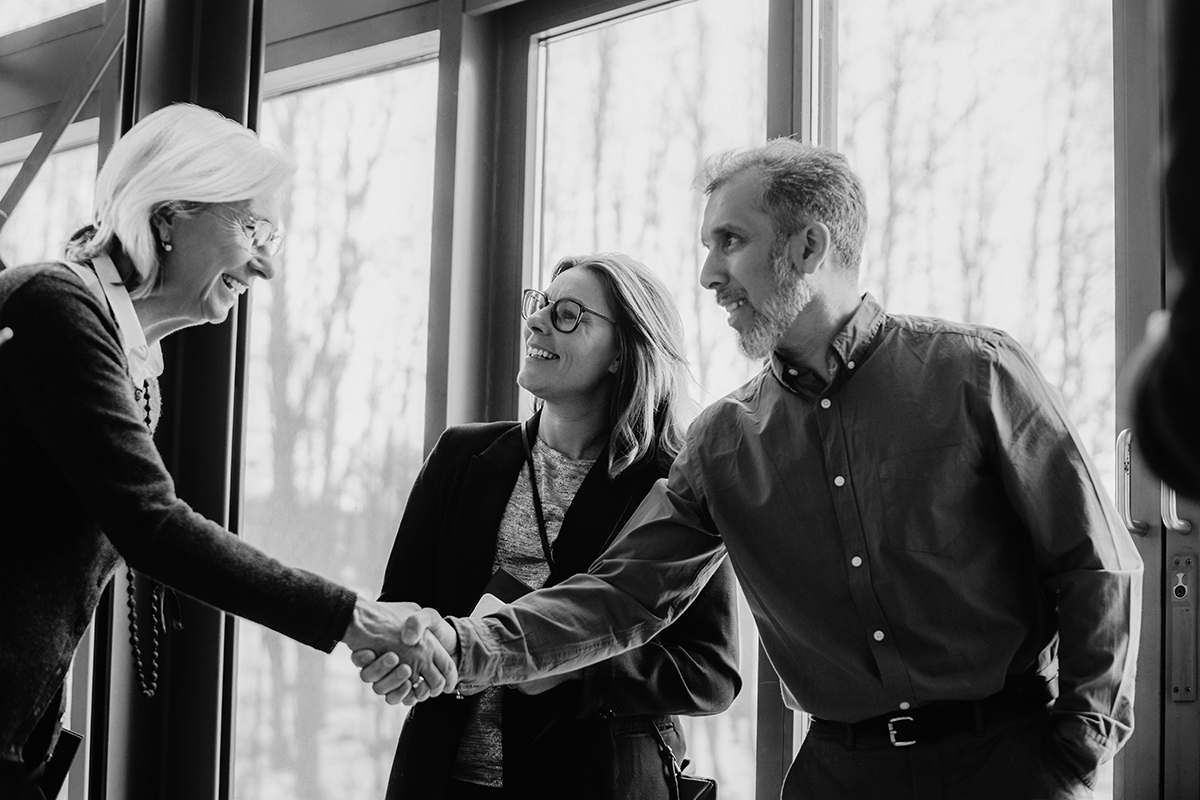
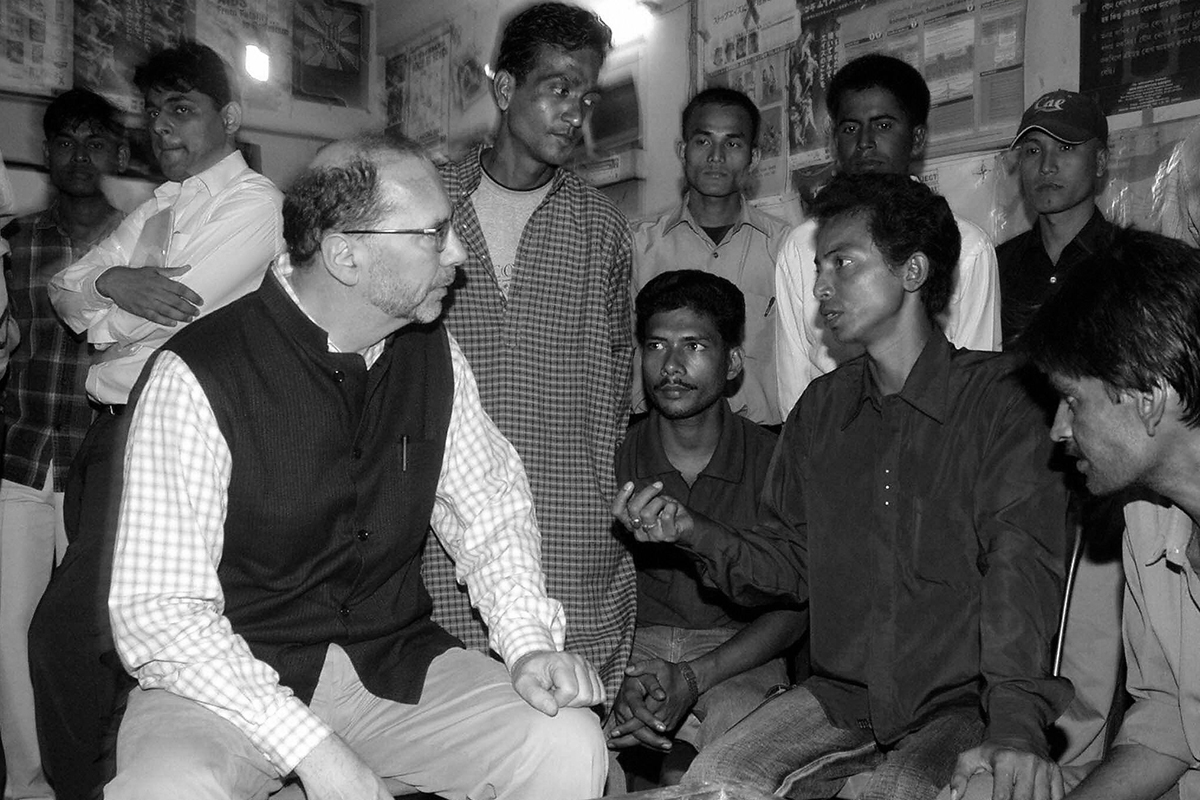
IT’S ABOUT GROWING SMARTER, TOGETHER
Peter Piot was a young Belgian microbiologist when he first travelled to Zaire (now DRC) as part of a team who investigated and discovered the Ebola virus in 1976. He then went on to work as one of the first scientists to study HIV/AIDS in the 1980s before running the United Nations’ work on combatting the disease. And now Piot is leading the London School of Hygiene & Tropical Medicine’s response to COVID-19 and other health challenges, after making a personal recovery from COVID-19 earlier this year.
IT’S ABOUT PERSONAL SACRIFICE
Ali Maow Maalin was working as a cook in a Somali hospital in the 1970s and found fame as he became the last human being ever infected with smallpox and made a full recovery. He then went on to become a health worker, leading campaigns in the successful Polio eradication in Somalia. When Polio cropped up again in 2013, he returned to help immunize children, but fell ill after contracting Malaria, and dies a few days later. He was a man who fought two of the world’s worst epidemics and succumbed to a third. Thanks to his, and many other’s personal dedications and sacrifice to fight off these deadly diseases, today, Somalia hasn’t had a case of wild Polio in more than 5 years and Smallpox has long been eradicated, whilst Malaria cases are down 60% worldwide since 2000.
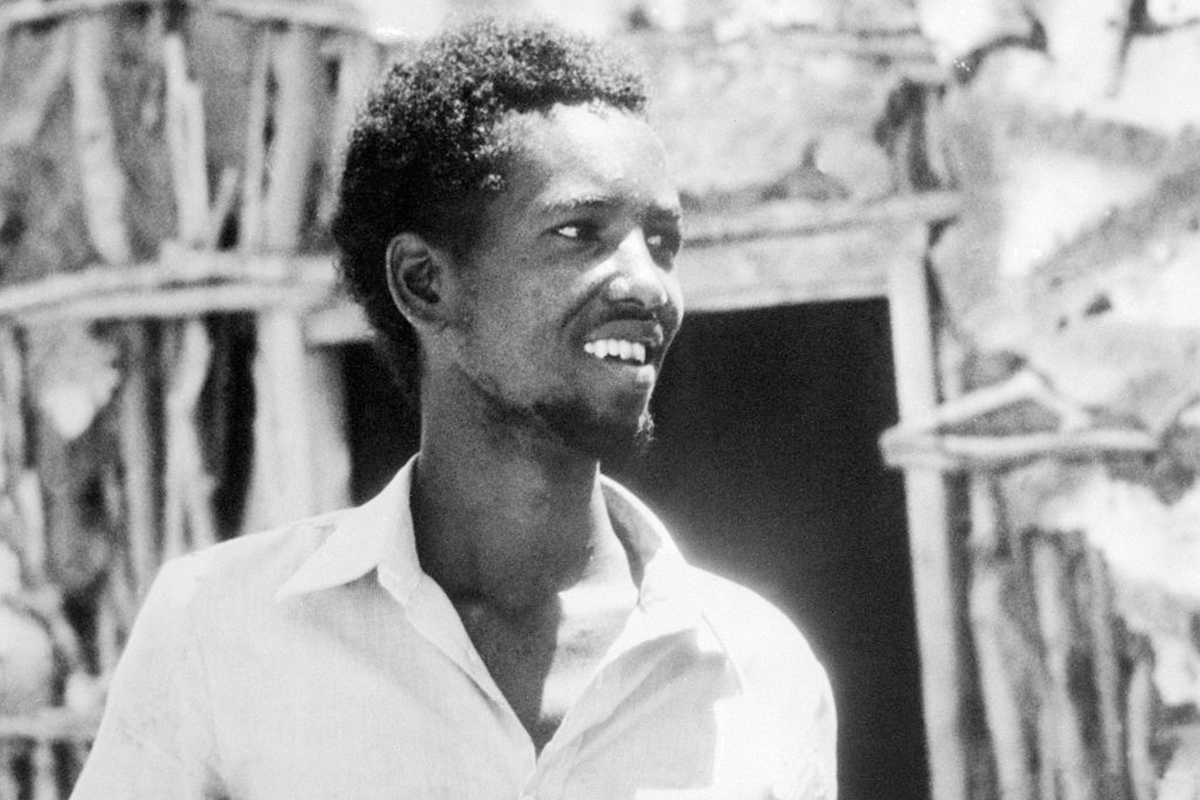


IT’S ABOUT OUR PLANET TOO
Climate change doesn’t just affect our environment, it also affects our health. Between 2030 and 2050, climate change is expected to cause approximately 250,000 additional deaths per year, from malnutrition, Malaria, diarrhoea and heat stress alone. By building better health systems for people around the world, we can build more climate-resilient societies.
Discover how much the UK is doing, so you can shout about it and feel proud to be a part of it.
DISCOVER MOREOur skills, knowledge and research is world-renowned, making improvements in health all over the globe.
READ MOREDiscover the major health milestones we can achieve in the next decade.
Learn More
